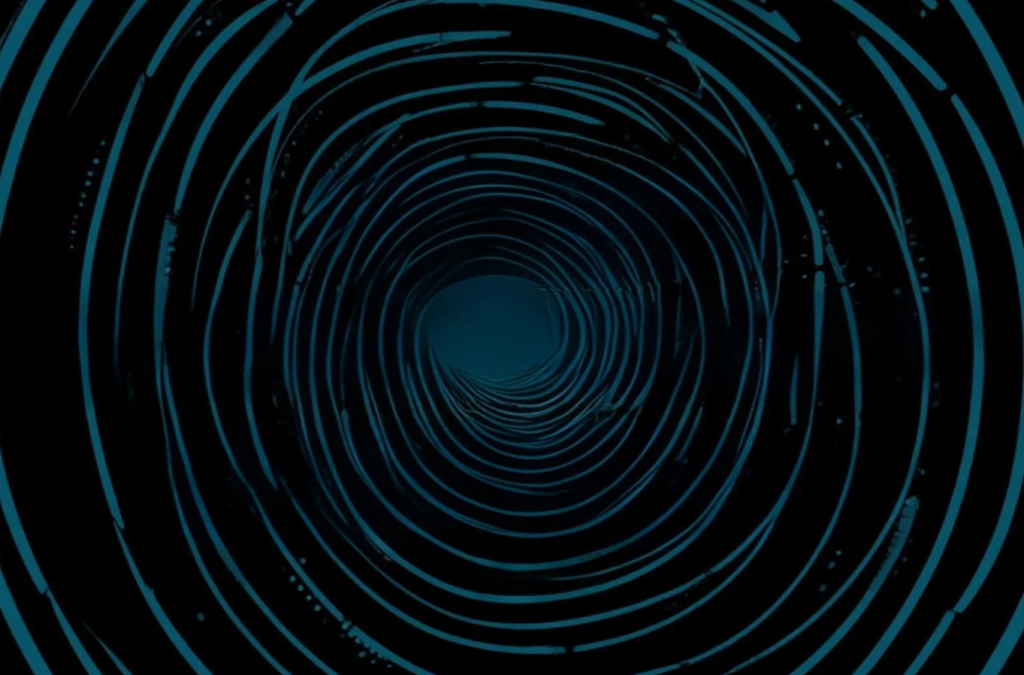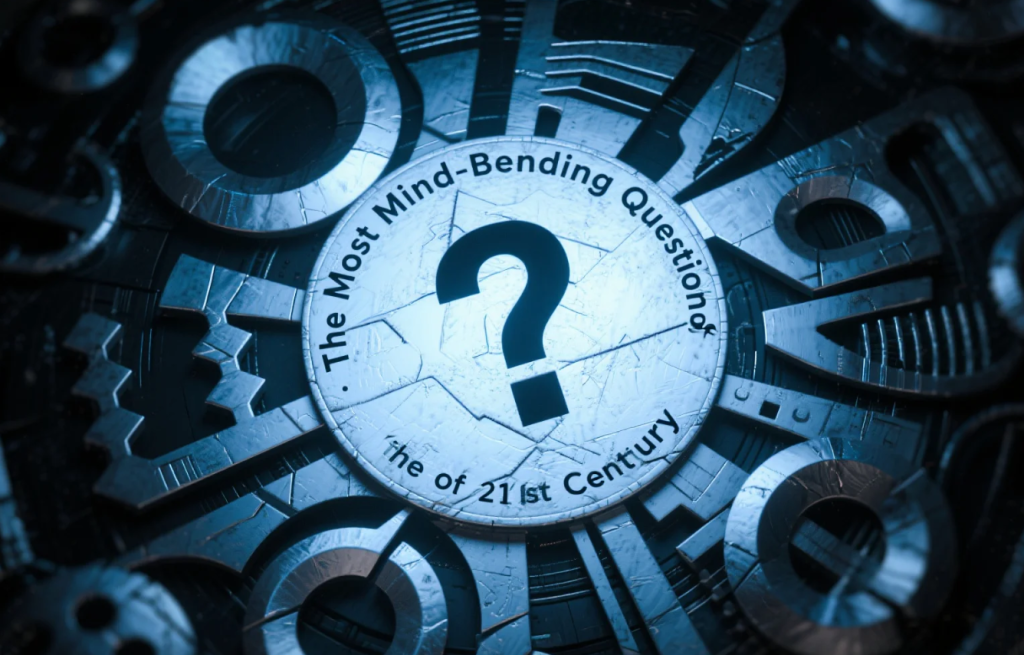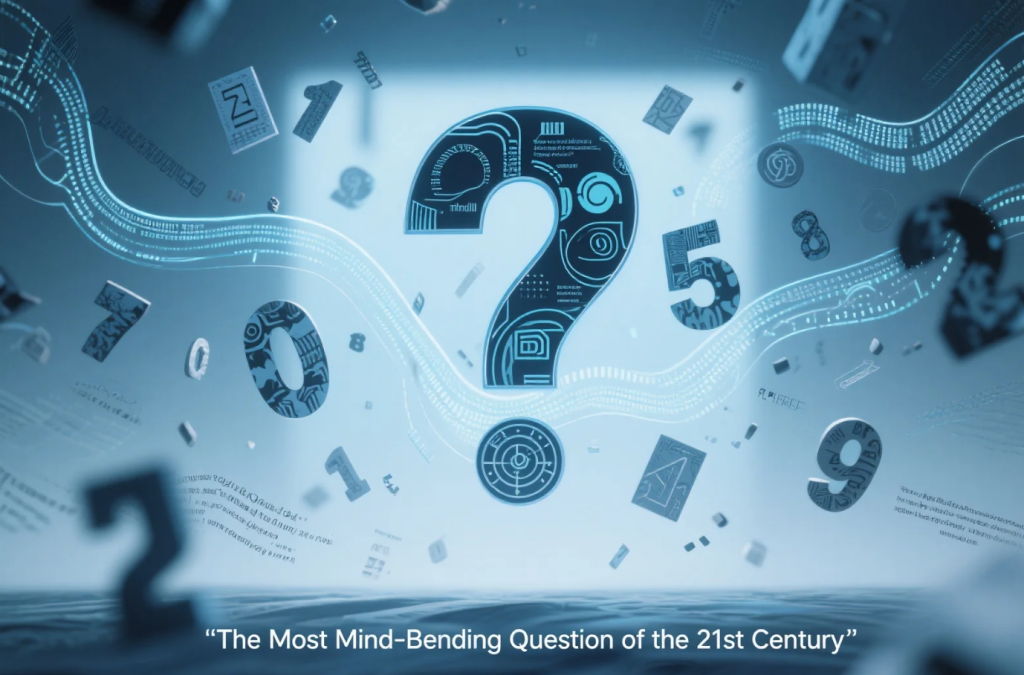You, Me, and the Matrix Question
Imagine waking up one day to discover everything you thought was real—your job, your cat, your late-night ramen cravings—was actually just code. No, this isn’t the latest sci-fi movie plot. This is one of the most hotly debated philosophical and scientific theories of our time: the Simulation Hypothesis. Are we actually living inside a computer simulation?
This question, once relegated to late-night dorm room debates and stoner sci-fi scripts, is now the subject of real academic papers, TED talks, and yes, even Elon Musk’s casual tweets. But before we start unplugging ourselves from the imaginary Matrix, let’s dive into what this hypothesis really means, who supports it, and whether there’s any reason to believe your breakfast this morning was programmed by a cosmic software engineer.
The Idea – Not As New As You Think
While it might seem like a recent internet-age idea, the roots of the simulation theory go way back. Philosophers like Plato toyed with similar notions. In The Allegory of the Cave, he described prisoners chained in a cave who mistake shadows on the wall for reality. If that doesn’t scream “primitive VR,” I don’t know what does.
Fast forward to 2003, when Oxford philosopher Nick Bostrom gave the idea a modern update with his seminal paper “Are You Living in a Computer Simulation?” He proposed that one of the following must be true:
- Human civilization will go extinct before developing the technology to simulate conscious beings.
- If such technology exists, advanced civilizations wouldn’t bother running simulations of their ancestors.
- We’re almost certainly living in a simulation.
Option three is the one that stuck. And not just with philosophers.
Silicon Valley’s Favorite Philosophy
Enter Elon Musk, the tech billionaire with a penchant for flamethrowers and existential questions. Musk famously said, “There’s a one in billions chance we’re living in base reality.” Translation? He believes it’s far more likely that we’re living in a simulation than not.
Other tech titans and thinkers have echoed the sentiment. Why? Because, for people who build digital worlds—video games, metaverses, AI neural networks—the idea of constructing virtual realities isn’t far-fetched. If our simulations are already getting scarily realistic, what might be possible in 100, 1,000, or 10,000 years?
The Science Behind the Hypothesis
Here’s where things get weirdly empirical. Some scientists are seriously investigating whether we can detect evidence of a simulated universe. Think of it like trying to find the pixels in your reality.
1. The Pixel Universe Hypothesis:
Physicists like Sylvester James Gates Jr. have found strange, error-correcting codes buried in the equations of string theory. That’s right—like computer code. It might be coincidence, but it’s enough to raise eyebrows.
2. The Limits of Reality:
Quantum mechanics already tells us the universe behaves oddly when observed. Electrons change behavior when measured. Could this be like lazy rendering in a video game? Objects only “resolve” when looked at?
3. Cosmic Rays and Processing Power:
Some theorists argue that inconsistencies in cosmic ray dispersion might suggest a limited processing framework—like a graphics card that can’t quite handle rendering infinity. Just like a video game glitch, but on a galactic scale.
Philosophical Implications – Free Will in a Simulated World

Even if we are in a simulation, does it matter?
Some argue it changes nothing. Whether real or simulated, our experiences still feel real to us. Love, pain, joy, taxes—these things are still subjectively real.
Others panic at the thought. If we’re simulated, then who are the simulators? Are we entertainment? A school project? An experiment gone rogue? And most importantly—can they pull the plug?
Then there’s the free will debate. If we’re code, do we really have any choice? Or are our actions pre-programmed like NPCs in a sandbox game?
Critics Say, “Not So Fast”
Despite its popularity, the simulation hypothesis isn’t without its skeptics.
1. Lack of Falsifiability:
Many scientists dismiss it as pseudoscience because it can’t be tested or disproven. In other words, if we’re in a perfect simulation, we may never find proof. That’s a dead end for the scientific method.
2. Who Simulates the Simulators?
If we’re in a simulation, does that mean our simulators are also simulated? How deep does the rabbit hole go? Infinite regress is a philosophical nightmare, not a satisfying answer.
3. It’s Not Necessary:
Some argue the simulation theory is just an elaborate version of solipsism—believing only your own mind is sure to exist. They see it as an unnecessary philosophical detour from the real questions of existence.
The Psychology of Simulation – Why We Want to Believe
Here’s a twist: what if we believe in the simulation theory not because it’s likely, but because we want it to be true?
- It provides a kind of cosmic comfort—if things are hard, it’s just the game being difficult today.
- It makes the chaos of life seem part of a narrative. Maybe there’s a grander design.
- It even offers hope. In some versions, death isn’t the end—just the simulation ending.
This isn’t too different from religious belief, except your God might be a bored teenager with a hyper-advanced gaming PC.
If It’s True, Then What?
Let’s say we are in a simulation. What’s next?
- Ethical Choices Still Matter: Even simulated people can suffer. Our actions still carry weight.
- Maybe We Can Hack It: Could consciousness be the cheat code? Meditation, lucid dreaming, or altered states might be ways to interface with the simulation.
- Don’t Rage Quit Reality: Whether real or fake, this world is the only one we’ve got access to—so we might as well play the best game possible.

The Real Question Isn’t “Are We in a Simulation?”
It’s tempting to obsess over whether our lives are simulated, but perhaps the better question is: What do we do with the life we have—simulated or not?
Reality, after all, is what we make of it. Whether we’re in a cosmic MMORPG or a natural universe governed by physics, our joys and heartbreaks still matter. And maybe that’s the biggest clue of all. A reality where meaning exists—where people love, fight, dream, and build—might be the most real thing there is.
Or maybe, just maybe, the simulation wants us to think that.


